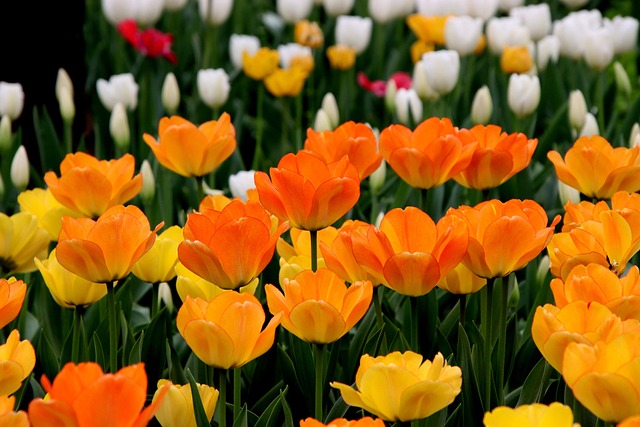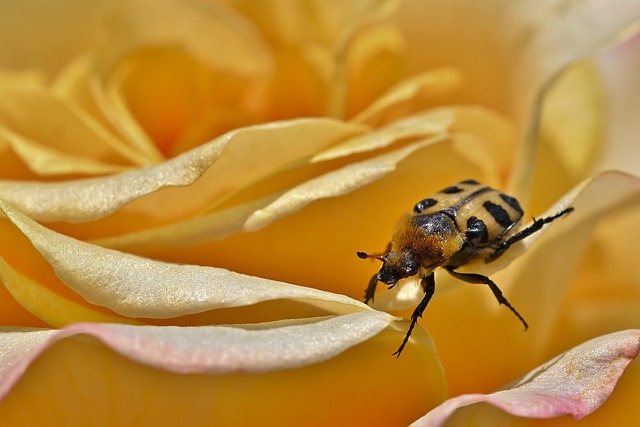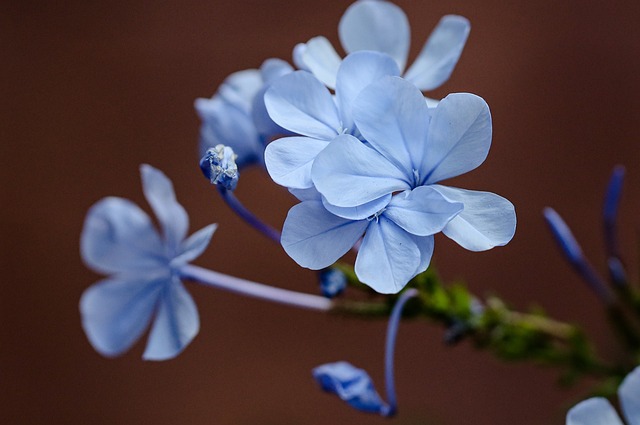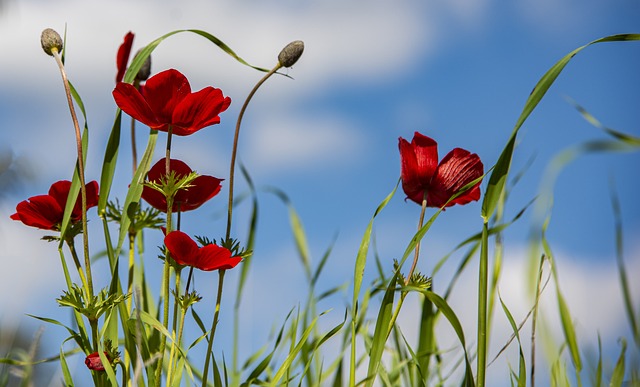Adapting gardening routines to seasonal changes is crucial for maintaining healthy gardens. Fall and early winter preparations, including strategic pruning, mulching, adjusted fertilizing, and targeted pest control, protect plants from colder temperatures and enhance soil health. These steps promote robust spring growth. Integrating seasonal practices like proper fall cleanup, water management tailored to plant types, and continued monitoring for pests ensures vibrant summer gardens. Seasonal garden maintenance, from winter protection to spring preparation, fosters overall garden wellness.
As winter approaches, understanding how to safeguard your plants and soil is crucial for a thriving spring garden. This guide explores essential seasonal garden maintenance practices, from recognizing the impact of cold weather on plants and soil to implementing effective pruning and fertilizing schedules. Discover fall cleanup strategies, explore winter garden protection methods, and learn seasonal pest control tips, including mulching techniques, to ensure your garden’s resilience through the colder months.
- Understanding Winter's Impact on Plants and Soil
- Pruning and Fertilizing for Spring Preparation
- Protecting Your Garden During Winter
- Seasonal Pest Control and Mulching Strategies
Understanding Winter's Impact on Plants and Soil

Winter can be a challenging time for gardens, as cooler temperatures and shorter days signal a transition from active growth to dormancy. This seasonal shift requires gardeners to adjust their care routines to protect plants and preserve soil health. Understanding how winter affects different aspects of your garden is essential for effective seasonal maintenance.
Plants respond to winter in various ways, with some entering a state of dormancy while others remain active beneath the surface. Soil, too, undergoes changes as organic matter decomposes more slowly and water retention varies. Proper preparation during fall and early winter, such as pruning seasonal plants, applying mulch for insulation, and adjusting fertilizing schedules, can significantly enhance a garden’s resilience against cold temperatures. Additionally, implementing effective pest control methods tailored to the season ensures that pests don’t damage plants or disrupt soil ecosystems. Come spring, these measures will contribute to a smoother transition, enabling gardens to flourish once again with appropriate summer watering tips and continued fall cleanup strategies.
Pruning and Fertilizing for Spring Preparation

As winter draws near, preparing your garden for the colder months is essential to ensure a healthy and vibrant springtime bloom. One of the critical aspects of seasonal garden maintenance is pruning and fertilizing, which sets the stage for the upcoming season. Pruning seasonal plants helps remove any dead or damaged growth, encouraging new, robust shoots in the spring. It’s a crucial step in maintaining the shape and overall health of your plants, ensuring they have the energy to produce beautiful blooms come summer.
Fertilizing schedules by season are equally important. In preparation for winter, consider a fall fertilization session to provide essential nutrients that will sustain your plants through the cold. This process helps maintain soil fertility and strengthens roots, making it easier for plants to survive the harsher conditions. Remember that different plants have varying needs, so research specific fertilizing tips for each type in your garden. With these simple yet effective practices, you’ll be well on your way to a thriving summer garden, thanks to your diligent winter preparation and strategic mulching for seasonal changes.
Protecting Your Garden During Winter

Winter can be a challenging time for gardens, but with proper care and preparation, you can protect your plants and ensure a vibrant spring garden. One of the key aspects is seasonal garden maintenance; adjusting your routine to accommodate the changing weather conditions will make a significant difference. As temperatures drop, it’s crucial to implement specific strategies for winter garden protection.
Pruning is an essential task during fall or early winter, as it helps shape plants and removes any damaged or diseased branches. Protecting plants with layers of mulch can insulate them from extreme cold and prevent heaving in the soil. Additionally, fertilizing schedules should be adjusted to suit each season; applying nutrients in the correct timing ensures optimal growth when spring arrives. Seasonal pest control measures are also vital, as some pests become more active during warmer months. With these strategies in place, your garden will be well-prepared for winter and ready to flourish once again with the arrival of spring.
Seasonal Pest Control and Mulching Strategies

Winter is a critical time for gardeners to prepare and protect their plants and soil. Seasonal pest control is an essential aspect of this process, as many pests become more active during warmer months and lay eggs that can hatch in the spring. Integrating natural pest management techniques, such as introducing beneficial insects or using plant-based repellents, can help keep pests at bay. Regular monitoring and early detection are key to preventing infestations.
Mulching is another vital strategy for seasonal garden maintenance. Applying a protective layer of mulch around plants helps retain soil moisture during dry winter months and insulates roots from extreme temperatures. Organic mulches like straw or wood chips not only protect plants but also improve soil health by breaking down over time, providing essential nutrients for spring growth. Timing your fertilizing schedules according to each season is equally crucial. Fall is a great time to apply slow-release fertilizers to promote healthy root development and early spring growth, while summer watering tips should focus on deep, infrequent irrigation to encourage strong, drought-tolerant plants. Effective fall cleanup strategies, including removing dead plant material, can also help prevent the spread of diseases and pests, ensuring a vibrant garden come spring.
By implementing these strategic practices throughout the winter months, you’ll not only protect your plants and soil but also ensure a vibrant and healthy spring garden. Seasonal garden maintenance is key to fostering robust growth, and with proper preparation, you can bid farewell to harsh weather conditions and embrace the beauty of a thriving outdoor space come next year’s bloom season.
